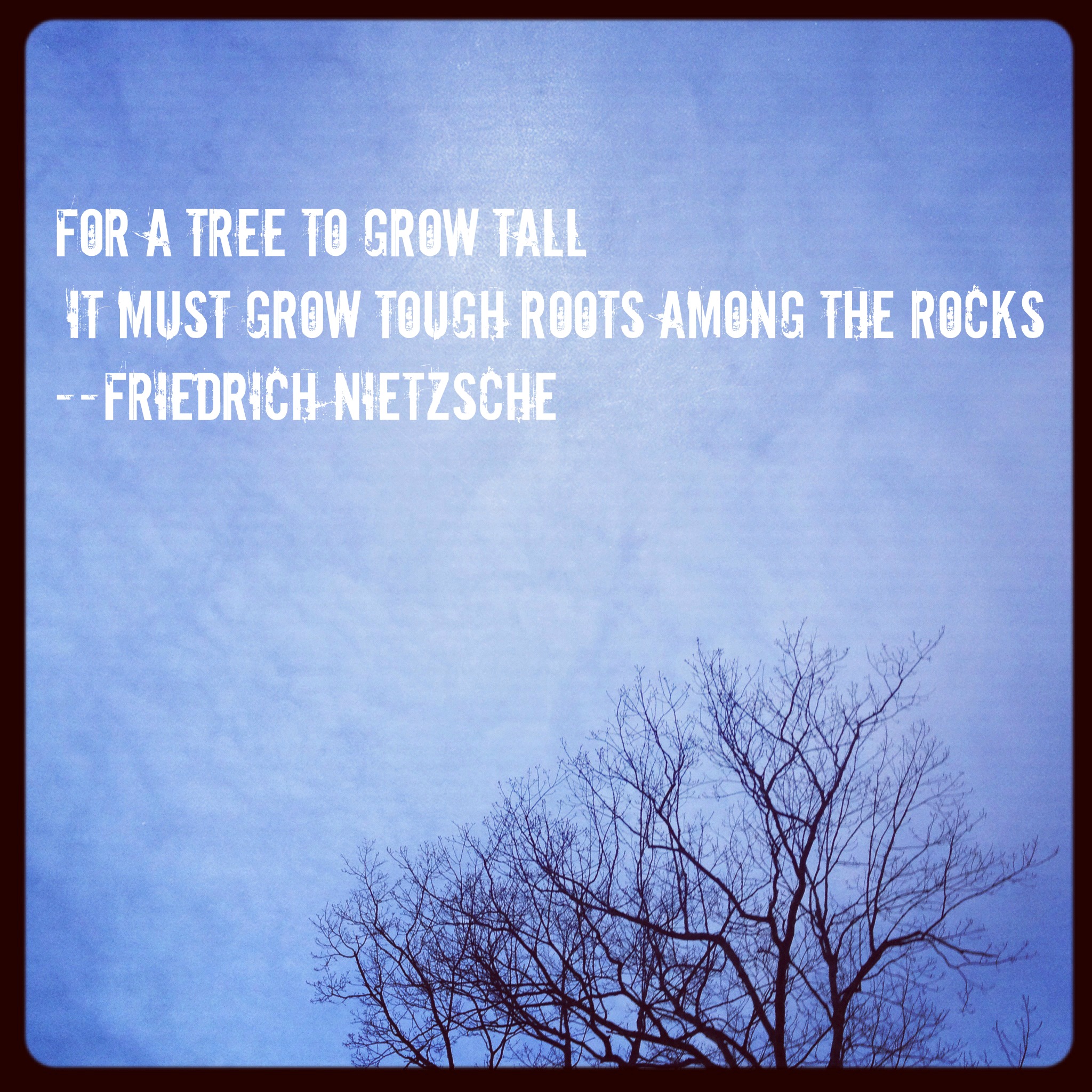Have you ever come across a phrase that just sticks with you, one that people seem to use in all sorts of ways, sometimes with a smile, sometimes with a bit of a knowing look? Well, "cease to amaze me" is very much one of those. It is a collection of words that, you know, truly captures a feeling of ongoing wonder, a sense that someone or something just keeps on surprising you, in a very consistent way. This particular saying, it really gets at the heart of being continuously taken aback by something you witness or experience.
This expression, you might find, carries quite a bit of weight when someone says it. It can, in some respects, be a warm compliment, a genuine statement of how impressed you are by another person's actions or qualities. Yet, it also has this other side, a subtle hint of something less positive, perhaps even a touch of sarcasm depending on how it is delivered. It is a phrase that, basically, can make you feel truly seen and appreciated, or it could, just as easily, leave you wondering if you've done something wrong.
So, understanding when this phrase is a pat on the back and when it is, perhaps, a gentle jab, is quite useful. We will look at what this saying truly means, how it is put to use, and how you might tell the difference in its varied applications. It is about getting a clearer picture of this common statement and how it shapes what we hear and what we say.
- Xfinity Blue App Icon
- Chrysanthemum Drawing
- Deadly Sins Elizabeth
- Murim Manhwa
- We Must Be Better Men Meme
Table of Contents
- What Does "Cease to Amaze Me" Truly Mean?
- Is "Cease to Amaze Me" Always a Good Thing?
- "Cease" or "Seize"? Getting the Right Word for "Cease to Amaze Me"
- How People Actually Use "Cease to Amaze Me"
What Does "Cease to Amaze Me" Truly Mean?
When someone utters the words "you never cease to amaze me," they are, in essence, expressing a feeling of being continuously surprised by you. This collection of words points to the idea that the person you are speaking to simply does not ever stop bringing about feelings of wonder or astonishment in you. It is a way of saying, with a good deal of force, that your capacity to surprise is ongoing, it just keeps on happening, which is pretty interesting when you think about it.
This phrase, you see, is used to show a strong feeling that someone or something always manages to surprise the speaker. It is a declaration that the well of astonishment, when it comes to a particular person or situation, simply does not run dry. You might hear it when someone is talking about a person who consistently achieves remarkable things, or perhaps when they are reflecting on a situation that continually presents unexpected turns. It is, in a way, about a constant state of being surprised.
The Core Idea Behind "Cease to Amaze Me"
At its heart, the phrase "you never cease to amaze me" means that the person being spoken to does not, at any point, stop surprising the speaker. This can be understood in a very straightforward sense, where the surprise is a real, ongoing experience. For instance, if a friend always comes up with creative solutions to problems, you might genuinely feel that they consistently surprise you with their ingenuity. This core idea, you know, is about an unbroken chain of unexpected moments.
- Spongebob Squarepants Fish Characters
- Graduation Shirts
- Horror Film Posters
- Betty Boop Drawing
- Goofy Animals
The saying can also be used in a broader, more symbolic way. It is not always about a single, sudden shock, but more about a general pattern of behavior or a characteristic that consistently elicits a feeling of wonder. People use this statement to describe things both in a very direct, real way, and also in a more suggestive, less literal fashion. It is a versatile bit of language, really, capable of covering a wide range of situations where surprise is a constant companion.
Is "Cease to Amaze Me" Always a Good Thing?
It is quite interesting how a set of words can hold two very different meanings, depending on the situation. The phrase "you never cease to amaze me" is a prime example of this. It has the potential to be a lovely, heartfelt compliment, a way to express genuine admiration. Yet, it can also be used in a way that is not so kind, perhaps even a little bit sharp or critical. The true feeling behind the words, you know, often depends on the surrounding details and how they are delivered.
So, how do you tell the difference? Well, it often comes down to the way the words are said, the look on the speaker's face, or the situation they are talking about. If someone says it with a warm smile and a sincere tone, it is pretty clear they are offering praise. But if the words are delivered with a sigh, or a raised eyebrow, or a flat voice, it is likely that the meaning is quite different. It is a bit like a secret code, actually, where the true message is hidden in plain sight.
When "Cease to Amaze Me" Feels Like a Warm Hug
When this phrase is used in a positive way, it feels like a true acknowledgment of your qualities or actions. It is a sincere expression of being impressed, of finding someone's abilities or character truly remarkable. Someone might say it after you have pulled off something amazing, like solving a tricky problem at work, or showing a great deal of kindness to someone who needed it. In these moments, it is a way of saying, "Wow, you really are something special, and you keep showing me that." It is, you know, a very comforting thing to hear.
This kind of usage often comes from a place of genuine admiration. It is a way for someone to communicate that they consistently find you to be a source of pleasant surprises or impressive feats. When it is used sincerely, it builds a good feeling between people, letting the person know that their efforts or their very nature are truly appreciated. It is, basically, a lovely way to give a compliment, a way to show that someone truly values what you bring to the table.
When "Cease to Amaze Me" Carries a Sharp Edge
On the flip side, the phrase "you never cease to amaze me" can carry a hint of something less pleasant, a touch of sarcasm or even a gentle scolding. This happens when the speaker is surprised by something that is not so great, perhaps a foolish mistake or an unthinking action. For instance, if someone repeatedly makes the same error, a person might say, "You never cease to amaze me," but with a tone that suggests exasperation rather than admiration. It is, you know, a subtle way to express disappointment.
In these situations, the phrase becomes a veiled form of criticism. It is a way of saying, "I am surprised, yes, but not in a good way." The surprise is born from a sense of disbelief or mild annoyance, rather than genuine wonder. When it is used sarcastically, it can feel a bit like a backhanded comment, leaving the recipient feeling a little stung or confused. So, it is important to pay attention to the situation and the speaker's demeanor to truly grasp the meaning of "cease to amaze me" in these instances.
"Cease" or "Seize"? Getting the Right Word for "Cease to Amaze Me"
One common mix-up with this phrase involves the words "cease" and "seize." These two words sound quite similar, but they mean very different things, and using the wrong one completely changes the sense of the saying. The correct word to use in this context is "cease." This word means to stop, to come to an end, or to discontinue something. So, when you say "it never ceases to amaze me," you are saying that the amazement never stops, it just keeps on going. This is, you know, the true meaning of the phrase.
Now, "seize," on the other hand, means to grab something suddenly and with force. You might seize an opportunity, or a police officer might seize evidence. It is about taking hold of something, often quite abruptly. If you were to say "it never seizes to amaze me," it would mean that something never grabs amazement, which really does not make any sense in the way we use the phrase. So, getting this one word right is, you know, pretty important for the meaning to come across clearly.
Understanding this distinction is key to using the phrase correctly. The idea is that the feeling of wonder or surprise is continuous, that it does not stop. It is about an ongoing state, not an action of grabbing. So, always remember that "cease" means to stop, and that is why it is the proper word for expressing endless amazement. It is a small difference in spelling, but it makes all the difference in what you are trying to say, which is really quite something.
How People Actually Use "Cease to Amaze Me"
The phrase "you never cease to amaze me" is, for the most part, a relatively fixed way of speaking. What this means is that people tend to use it in a very specific form, without changing it much. You will usually hear it in its present tense, as in "it never ceases to amaze me" or "you never cease to amaze me." It is not something you often hear in the future tense, like "it will never cease to amaze me," or in a conditional way, such as "it would cease to amaze me if..." This fixed nature, you know, makes it quite recognizable.
Even in the past tense, it is somewhat unusual to hear this phrase. While grammatically possible, saying "it never ceased to amaze me" does not have the same common ring to it as the present tense version. This particular phrasing is typically used to express a current, ongoing state of surprise. It is about the present moment, and how something continues to be surprising right now, and into the future. This makes it, you know, a very direct way to express continuous wonder and astonishment.
The impact of this phrase in the English language is pretty significant because it allows for a strong expression of continuous wonder. It is a way to say that something or someone consistently holds your attention through their actions or characteristics. This phrase is employed to convey a feeling of being continuously taken aback, whether in a good way or a not-so-good way. It is a compact way to put across a big feeling, which is pretty useful in conversation.
The Fixed Shape of "Cease to Amaze Me"
The construction of "you never cease to amaze me" is, as we have touched on, rather set in its form. This means it is not a phrase that people typically twist or turn into many different grammatical shapes. It is usually spoken or written just as it is, maintaining its familiar pattern. This fixed nature helps it to be easily understood, as its common form signals its meaning quite quickly. It is, you know, like a well-worn path that many people follow.
Because it is so set, people generally know what to expect when they hear it. This consistency helps in communication, as there is less room for misunderstanding the basic structure of the statement. While the context might change its emotional tone, the underlying grammatical form stays much the same. It is a bit like a classic tune, really, that everyone recognizes no matter where they hear it played. This makes it a pretty dependable way to express ongoing surprise.
This article has looked at the core meaning of "cease to amaze me," explaining that it signifies a continuous state of being surprised by someone or something. We have also explored how its meaning can shift from a genuine compliment to a sarcastic remark, depending on the situation and how it is said. Furthermore, we covered the important difference between "cease" and "seize" to ensure correct usage. Finally, we discussed how the phrase tends to be used in a fixed grammatical form, mostly in the present tense, to convey ongoing wonder.
- Skirt Trousers
- Cross Tattoo Designs For Men
- Victorian Male Names
- Waffles Mlp Cute
- Glitter Ombre Nails


